Are Think Tanks Selling Influence to Foreign Powers?
More than a dozen D.C. think tanks on which experts rely for independent research and policy analysis "have received tens of millions of dollars from foreign governments in recent years while pushing United States government officials to adopt policies that often reflect the donors' priorities," a New York Times investigation found.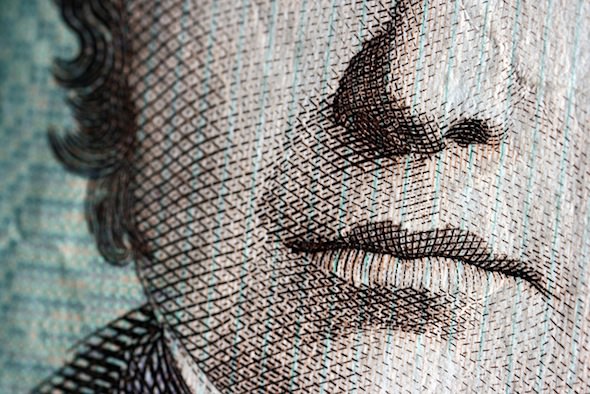
More than a dozen prominent Washington, D.C., think tanks on which experts have long relied for independent research and policy analysis “have received tens of millions of dollars from foreign governments in recent years while pushing United States government officials to adopt policies that often reflect the donors’ priorities,” a New York Times investigation found.
The arrangements involve the capital’s most influential think tanks, including the Brookings Institution, the Center for Strategic and International Studies, the Atlantic Council and the Center for Global Development. The paper reports that “each is a major recipient of overseas funds, producing policy papers, hosting forums and organizing private briefings for senior United States government officials that typically align with the foreign governments’ agendas.”
Most of the money comes from countries in Europe, the Middle East and Asia, including the oil-producing nations of the UAE, Qatar and Norway.
The Times continues:
The money is increasingly transforming the once-staid think-tank world into a muscular arm of foreign governments’ lobbying in Washington. And it has set off troubling questions about intellectual freedom: Some scholars say they have been pressured to reach conclusions friendly to the government financing the research.
The think tanks do not disclose the terms of the agreements they have reached with foreign governments. And they have not registered with the United States government as representatives of the donor countries, an omission that appears, in some cases, to be a violation of federal law, according to several legal specialists who examined the agreements at the request of The Times.
Consequently, policymakers who rely on the groups are not necessarily informed that foreign governments are funding the research.
The Times quoted Joseph Sandler, a lawyer and expert on the rules that govern Americans lobbying for foreign governments, as saying the arrangements “opened a whole new window into an aspect of the influence-buying in Washington that has not previously been exposed.
“It is particularly egregious because with a law firm or lobbying firm, you expect them to be an advocate,” Sandler added. “Think tanks have this patina of academic neutrality and objectivity, and that is being compromised.”
Read more here.
— Posted by Alexander Reed Kelly
Your support matters…Independent journalism is under threat and overshadowed by heavily funded mainstream media.
You can help level the playing field. Become a member.
Your tax-deductible contribution keeps us digging beneath the headlines to give you thought-provoking, investigative reporting and analysis that unearths what's really happening- without compromise.
Give today to support our courageous, independent journalists.
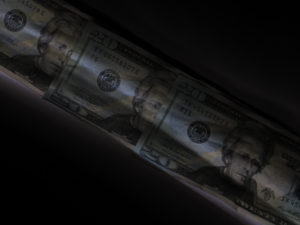
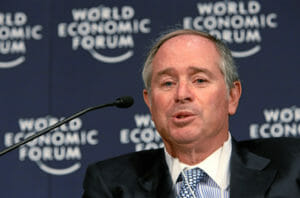
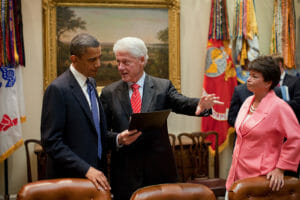
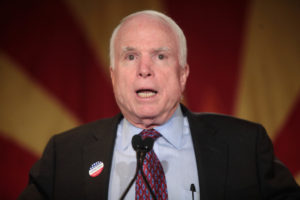
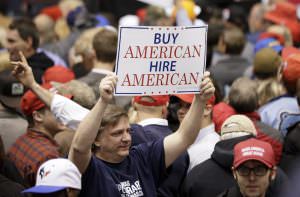
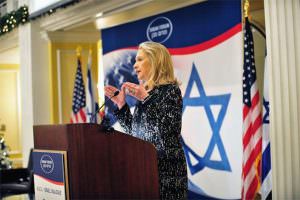
You need to be a supporter to comment.
There are currently no responses to this article.
Be the first to respond.